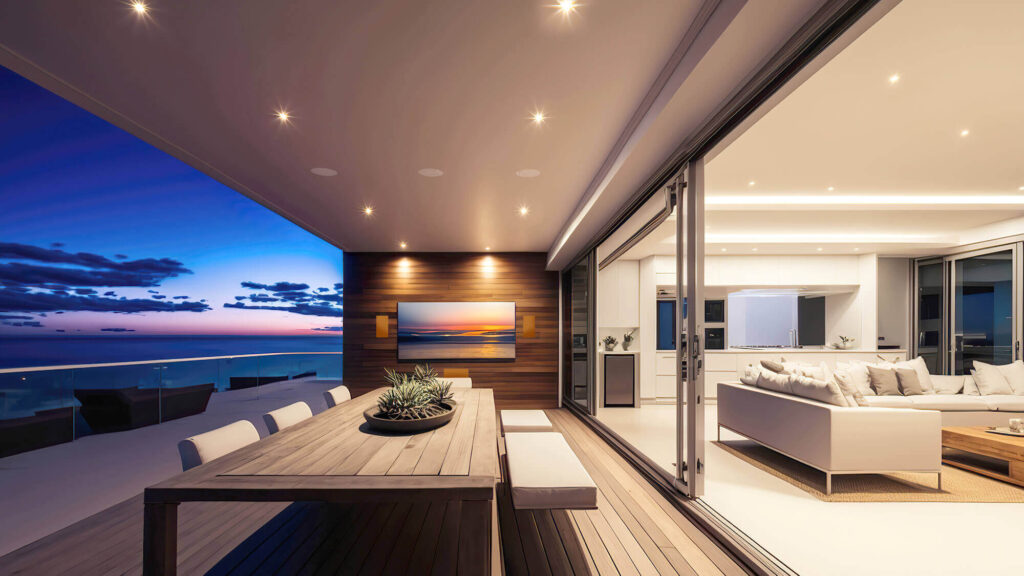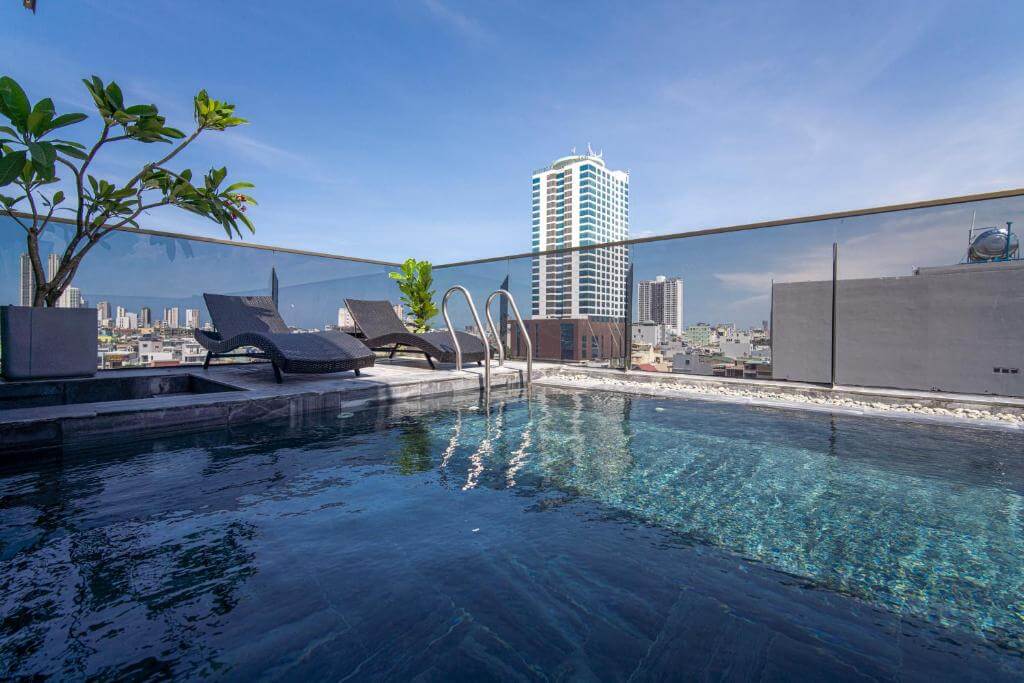
Navigating Apartment Fees in Vietnam: What to Expect Beyond Rent
Renting an apartment in Vietnam can be an exciting adventure, especially if you’re moving from the West for the first time. However, there are some key differences in how additional fees are handled that you should be aware of to avoid any unexpected surprises which you may not expect as an expat.
Understanding the Apartment Management Fee
One of the biggest differences you’ll notice is the apartment management fee. Unlike in many Western countries where such fees might be bundled into your rent or handled by the landlord, in Vietnam, these fees are separate and directly tied to the size of your apartment.
Typically, these management fees range from about 8,000 to 20,000 VND (roughly $0.35 to $0.85) per square meter each month. For example, if you have a 50 square meter apartment, the management fee could be an additional 400,000 to 1,000,000 VND (around $17 to $43) on top of your rent. The exact amount depends on the apartment’s amenities, location, and overall quality. High-end buildings in bustling areas like Ho Chi Minh City’s District 1 or Hanoi’s Tay Ho District will naturally charge more due to the extra facilities they offer, such as swimming pools, gyms, and 24-hour security.

Making the management fee payment
Another thing that sets Vietnam apart from the West is how these fees are paid. Instead of your landlord handling the whole process as in the West, in Vietnam, you usually pay the management fee directly to the building’s management office. This can be done monthly or quarterly, depending on the building’s policy. You may receive an invoice detailing the fee based on your apartment’s size and any additional services you might be using although please note that there are often fines for late payment.
Discover Related Guides: Getting Your Shoes Repaired or Custom-Made in Vietnam: A Practical Guide for Expats
Variation Across Different Apartments
Management fees vary considerably – even within the same city, depending on factors like the building’s age, the quality of services offered, and its location. Newer, luxury complexes which offer a wide range of services will charge more, while older or more basic buildings have a lower rate of payment. This variation means you need to carefully review your lease agreement and ask plenty of questions about what’s included before signing the contract in order that you are fully aware of the total overall cost.

Utilities: Water and Electricity
Just like in the West, you’ll also need to pay for water and electricity separately. In Vietnam, these utilities aren’t typically included in your rent or management fee.
- Water – this service is very affordable and a typical bill will be between 50,000 to 150,000 VND ($2 to $6) per month, depending on usage.
- Electricity – this can be more expensive, especially if you are using a lot of air conditioning. A more economical option is to use fans, with a monthly bill for an apartment typically running from 500,000 to 2,000,000 VND ($20 to $85).
Optional Services: Free Cleaning
Some apartment complexes in Vietnam offer weekly cleaning services. This is more common in mid- to high-end buildings and can be a real time-saver as you will come home to find your apartment nice and clean – not to mention saving approximately 150,00 VND for each of the visits.

Other Extra Costs to Keep in Mind
Besides management fees and utilities, it is important to be aware when looking at a contract to investigate whether there are any other additional fees:
- Parking Fees: If you have a motorbike or car, expect to pay for parking as an additional fee. Motorbike parking is very reasonable and typically costs around 100,000 to 300,000 VND ($4 to $13) per month. On the other hand, car parking is much more expensive and can cost from 500,000 to 1,500,000 VND ($20 to $65) monthly which adds up over the year and needs to be a consideration.
- Internet: This is usually not included in the price of the rent and needs to be arranged separately. Your landlord or the agency which helped you find the apartment will be able to guide you as to the internet service and arrange installation. Internet typically costs between 200,000 to 400,000 VND ($8 to $16) per month.
- Rubbish Collection: In some apartments, this service is included in the management fee, but in other cases, it’s an extra 30,000 to 50,000 VND ($1 to $2) per month.
All of these additional fees can add up, so it’s important to factor them into your budget when looking for an apartment in Vietnam.
Renting an apartment in Vietnam involves navigating a different fee structure compared to what you may be used to in the West. The important thing is to ask about and check the various additional costs in addition to the basic rent – such as management fees, utilities, and optional services, and to plan your budget accordingly. By doing so, you won’t suddenly encounter any financial surprises and instead can be confident in finding a home that fits both your lifestyle and your wallet.







